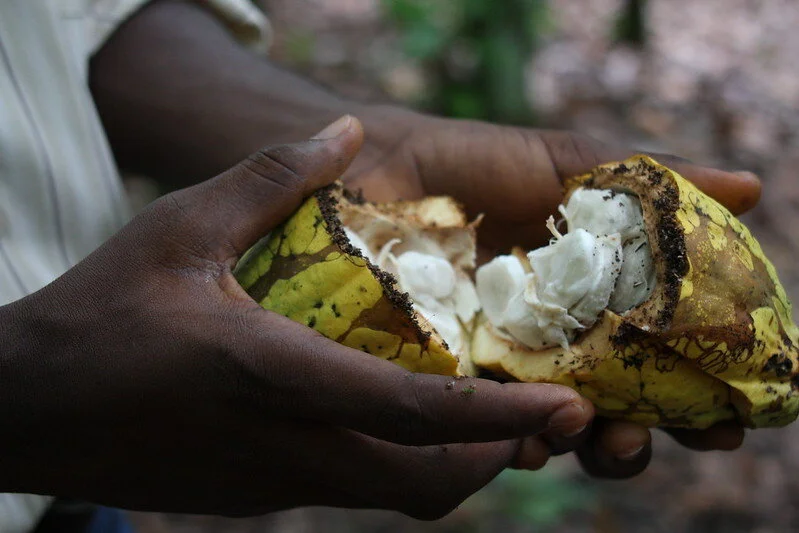Open Markets and Farm Action hosted farmers and other food business owners in Washington, DC to assess the Biden administration’s commitment to restoring fair competition in the food system.
Read MoreFarmers and food businesses urge antitrust enforcers to strengthen merger guidelines and fight consolidation.
Read MoreIn the name of supporting craft producers, a new Treasury Department report questions the very state laws that permitted the craft boom, some argue.
Read MoreFarm equipment makers face monopolization lawsuits and a new right to repair bill in the Senate.
Read MoreWhile hundreds of millions for cheated customers is nothing to sneeze at, it is not clear if these recent settlements will discourage future collusion.
Read MoreLarge chocolate processors and manufacturers have the wealth and ability to pay farmers more and monitor their supply chains, but they choose not to. Instead, the least powerful players – the farmers – bear most the risks and responsibilities in cocoa production.
Read MoreA whistleblower from the Department of Justice’s (DOJ) Antitrust Division testified before Congress last week that Attorney General William Barr had disproportionately directed antitrust enforcement resources to scrutinize relatively small mergers between cannabis firms out of a personal dislike for the industry.
Read MoreLast month, the USDA’s Agricultural Marketing Service announced that the world’s largest meatpacker, JBS, made inaccurate and non-transparent payments during early 2018 to ranchers at its Grand Island, Nebraska plant.
Read MoreAfter largely ignoring one of the most extreme periods of concentration in U.S. history, President Obama on April 15 acknowledged that America has a monopoly problem. He did so by signing an Executive Order that pushes executive departments and agencies to use their rule-making authority to promote competition wherever possible.
Read MoreFrom the latest Taco Bell concoction to the lack of fresh produce in many low-income communities across the country, there’s no shortage of targets to blame for America’s poor national diet. But in recent years, many public health campaigns have zeroed in on a single enemy: soda. And there’s good reason for this. Drinking soda is entirely optional (there’s no medical reason to consume sugar water). It is remarkably common (around 50 percent of Americans regularly consume non-diet sodas). And the industry has huge political sway (Big Soda contributes millions of dollars a year to campaigns and candidates).
Read More










